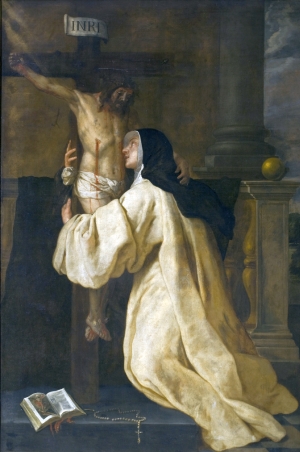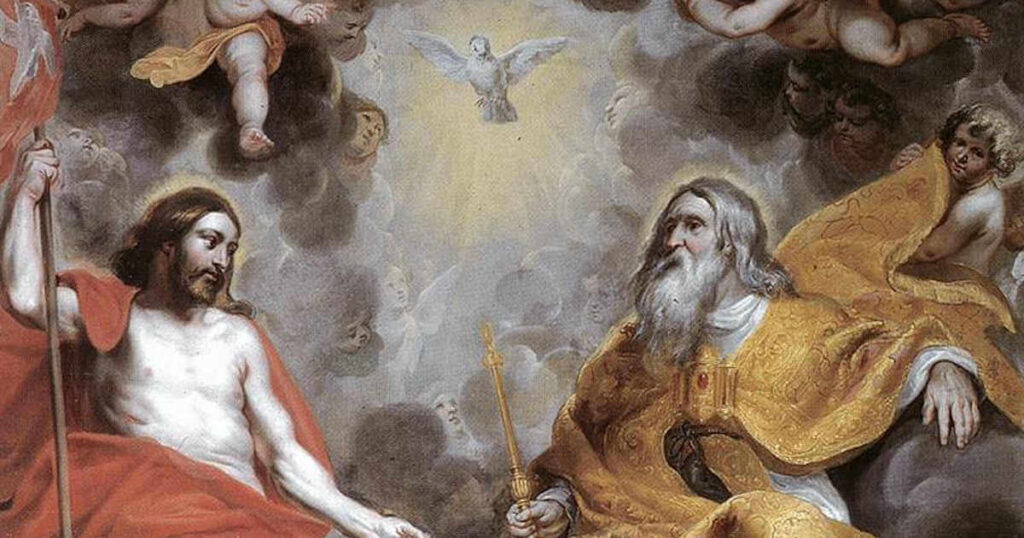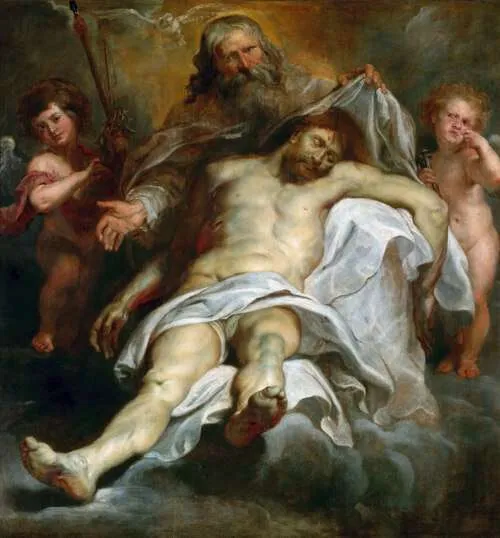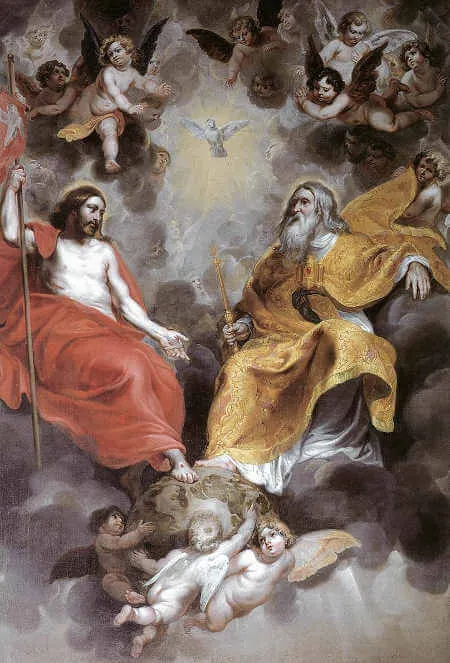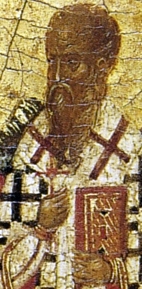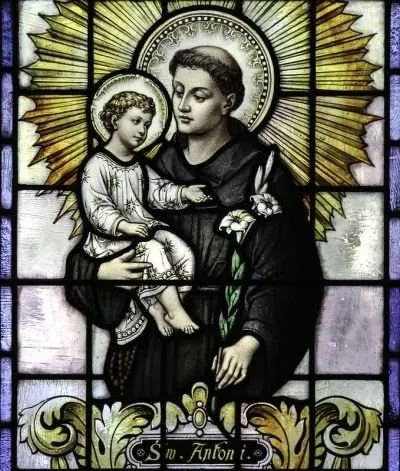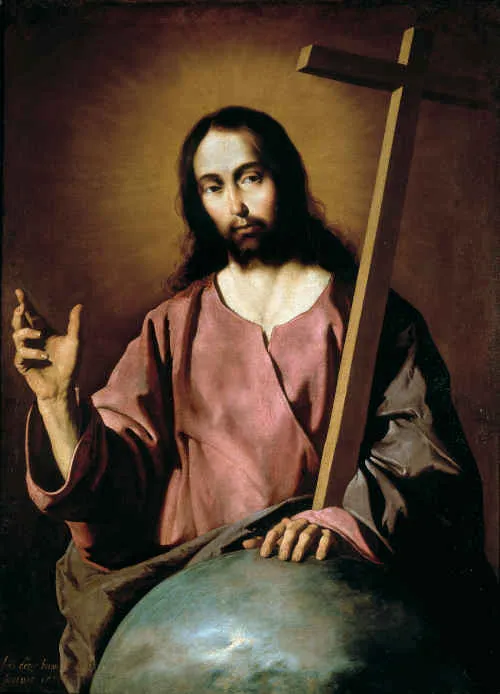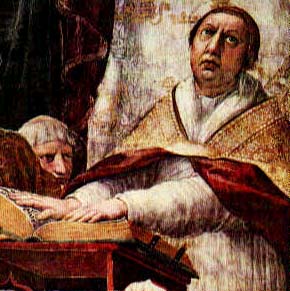One of the most fiercely debated dogmas of our faith in the early centuries of the Church was on the nature of the Most Holy Trinity. Today’s solemnity did not enter the General Roman Calendar until the fourteenth century, partly because we are called to honor and worship the Most Holy Trinity every day and in every liturgy. But designating one Sunday on which we ponder the inner life of the Most Holy Trinity is an opportunity to renew and deepen our honor and worship.
The Trinity is first and foremost a mystery. As The Divine Mystery above all mysteries, we must begin by humbly acknowledging that we will never, not even in Heaven, have a complete understanding of God’s essence, His inner reality. Only God knows Himself fully. Not even the Blessed Virgin Mary or the highest choirs of angels see Him and know Him as He sees and knows Himself. Nonetheless, every creature, whether angel or human, is called to probe the mysteries of God to the fullest extent possible. In that probing, contemplating, and understanding, we discover the purpose of our lives and experience the fullness of beatitude to which we are called. God and God alone satisfies the hungry, weary, and seeking soul.
This might come as a surprise, but God is perfectly simple. Saint Thomas Aquinas, one of the Church’s greatest teachers, explains that angels, the physical world, and humans are made up of different material and immaterial parts that can change over time, making us a complex reality capable of internal and external disunity. God, however, is incapable of change, since He is Perfection. He is exactly Who He is, always has been, and will always be. This results in a divine simplicity and harmonious unity that is infinitely beyond His creation. God doesn’t need anything to exist because it is His very nature to exist as the unchanging, transcendent God.
Within this divine simplicity and perfect unity we can distinguish various attributes of God, noting that each attribute is perfectly united with the others in the most simple and complete way. God alone is all-powerful and has supreme authority over all creation. He alone perceives all potentiality within creation and within Himself. He is perfectly wise, just, and merciful. He is both completely beyond creation (transcendent) and intimately involved with every aspect of creation (immanent). God is the perfection of holiness and morality. He is the only standard of goodness and truth. He is present everywhere at all times—unchanging and eternal. God is Love.
This philosophically rich language attempts to describe God in His oneness—He is One God, not three Gods. The Father, Son, and Holy Spirit each share perfectly in the one divine nature, and all share the same divine attributes. To understand the profound mystery of the Trinity, we must start with the above oneness of God and then move into His threefold Personhood.
How can something be one and three at the same time? We know that God is one-in-three solely because this is the way the Scriptures reveal God to us. The Old Testament alluded to the threefold personhood of God, and Jesus explicitly identified the three persons as the Father, Son, and Holy Spirit. Without this revelation from our Lord, human reason alone could never arrive at the realization that God is One in Three.
In Sacred Scripture and Church teaching, God’s attributes and existence can be summed up as Love. “God is love” (1 John 4:8). Love cannot exist without a giver, a receiver, and the love that unites them. Hence, it is the very nature of God to love perfectly, to receive love perfectly, and to be love itself.
In the Trinity, the Father loves the Son, the Son loves the Father, and this mutual love is personified in the Holy Spirit. This “love” in God is defined by the Church as an “eternal begetting” and as an “eternal procession,” which are fundamentally different from an act of creation. The words “begetting” and “proceeding” are used to point to the relational origin of love. The Father eternally begets the Son, reflecting an eternal exchange of love. The Holy Spirit, then, proceeds from both the Father and the Son, emanating from their mutual love. These profound mysteries are articulated in the Nicene Creed:
I believe in one Lord Jesus Christ, the Only Begotten Son of God, born of the Father before all ages. God from God, Light from Light, true God from true God, begotten, not made, consubstantial with the Father; through him all things were made…I believe in the Holy Spirit, the Lord, the giver of life, who proceeds from the Father and the Son, who with the Father and the Son is adored and glorified, who has spoken through the prophets.
The formulation of the Trinitarian relationship in the Creed reveals the profound depth of God’s nature: God is of one essence, yet three distinct Persons. Each Person is involved in an eternal, loving relationship with the others. The mystery within this formulation requires contemplation, as it reveals a God Who is deeply relational and Whose very nature is to exist in a state of perfect, self-giving love.
If these definitions of God seem beyond your grasp, you are correct. They are. By God’s grace, these basic definitions of the Most Holy Trinity took shape, beginning with Church councils in the fourth and fifth centuries. Later, theologians such as Saint Augustine and Saint Thomas Aquinas deepened our understanding. However, even if you were to spend years studying the best theology on the Trinity, you would still only be able to comprehend a slight image of Who God is.
The best way to grow in a deeper understanding of God and all of reality is through the deepest forms of contemplative prayer. Contemplative prayer is not something you can simply turn on. It is an infused prayer that only God can bestow as He invites you to enter into His divine presence. Contemplative prayer begins with a profound purification process by which all sin is purged from one’s life, as well as all attachment to sin, and then all conceptual knowledge of God is eliminated so that the mind can gaze upon God through infused knowledge. This mystical prayer is well taught by the greatest saints of the Church, especially Saint John of the Cross and Saint Teresa of Ávila. Being drawn into the mystery of God’s inner life sometimes includes periods of mystical ecstasy, raptures, intellectual visions, and other mystical phenomena. Though few reach that height of prayer in this life, it’s helpful to know it is possible and to know that directly infused knowledge of God through mystical prayer is the only way to achieve some comprehension of the Most Holy Trinity.
As you strive to deepen your own prayer life, offer your praise to God the best you can. Profess your unwavering belief in the Creed, despite not fully understanding it. Most importantly, open your heart to God, Who is Love, and love Him in return with every power of your soul. By doing so, you will be on the slow and steady road to a mystical union of love with the Father, Son, and Holy Spirit.
Source: https://mycatholic.life/saints/saints-of-the-liturgical-year/first-sunday-after-pentecost-holy-trinity–solemnity/


